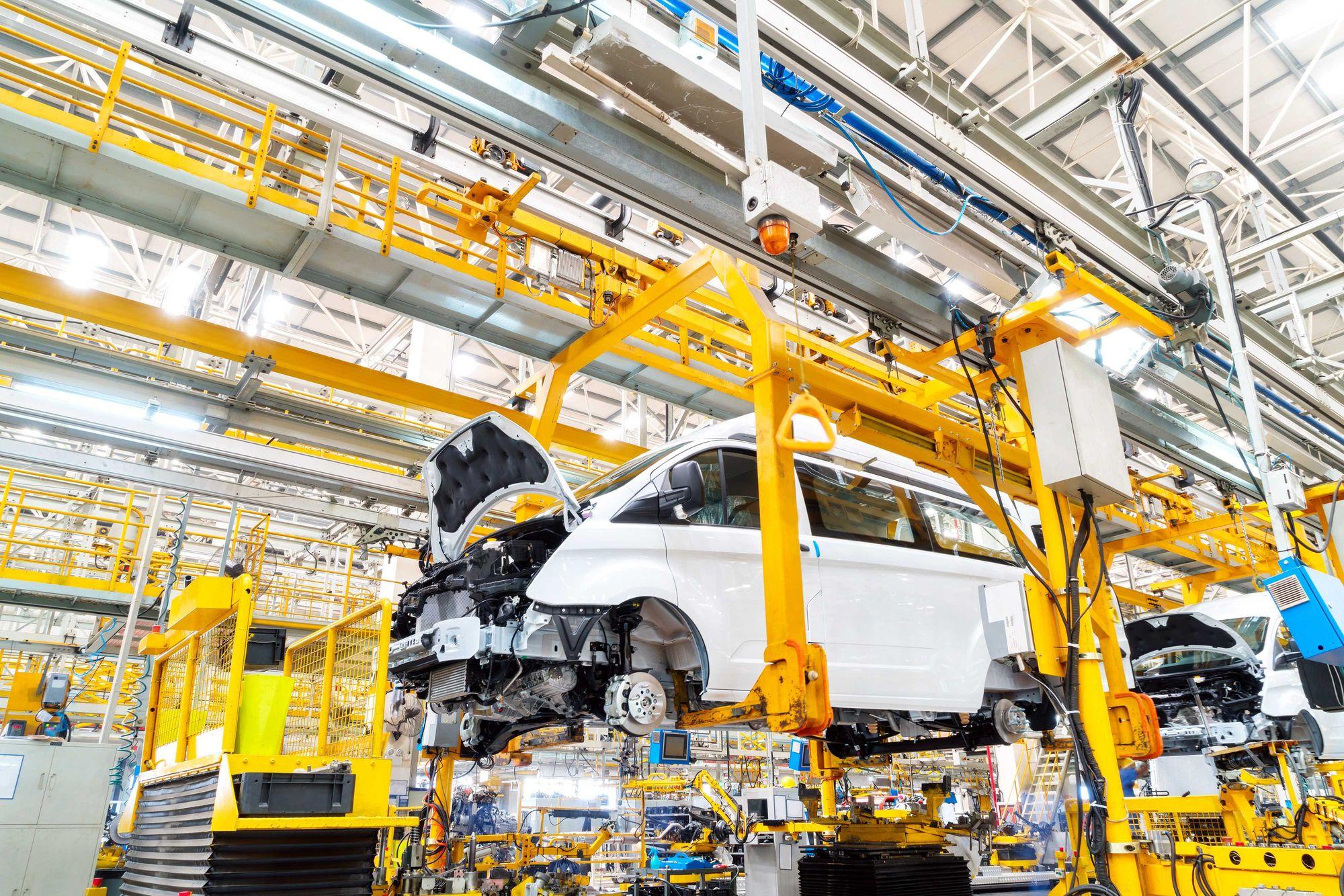Can Continuous Improvement Save the Automotive Industry?
3 minutes, 45 seconds read

The automotive industry is scrambling to adjust to new market realities. From rising prices to shifting demand for electric vehicles and driverless technologies and even the switch to ride-sharing over car-owning as the new normal, changing demands are pushing manufacturers around the world to adjust how they do business—and what business they’re in.
A Bloomberg report described this as the “existential crisis that car makers face. Electric motors and self-driving systems are upending about 120 years of investment and institutional knowledge. Even the idea of ownership—arguably Henry Ford’s greatest coup—looks tenuous.”
As a result of upended industry expectations, automotive manufacturers are seeking to reinvent themselves. For many companies, that reinvention is best done with the structure provided by a continuous improvement process.
A fast-changing industry
For many automotive manufacturers, the broad industry crisis has meant massive job cuts. But in some cases, these manufacturers are in need of entirely new skill sets to help them adjust to new categories of products.
Suzuki, Nissan Motor Corp., and Hyundai are among the brands searching for talent that can support changing mobility needs for electric, connected and intelligent cars. According to MoneyControl, jobs in electronic assembly and mechanical engineering will be low in demand for auto makers. Tomorrow’s mobility companies will be searching for 3D printing techs, robot operators and data scientists.
As a case in point, Nissan says is integrating new technologies, such as driver assistance and electric batteries, into vehicles. But the company has also partnered with Waymo, the self-driving technology company that began with a Google project in 2009. Along with Renault, the companies are exploring hurdles related to driverless transportation-as-a-service offerings in France and Japan.
Ford, too, is repositioning itself as a mobility company. In late 2018 Ford Smart Mobility acquired Spin, a San Francisco-based dockless electric scooter-sharing company. It’s the company’s latest move toward building a mobility portfolio. The idea is to focus on the broader idea of helping customers get places more easily, faster and less expensively. Ford notes that the electrified scooters also help reduce urban traffic congestion, parking limitations and pollution.
Meanwhile, Kia revealed its AI-based Real-time Emotion Adaptive Driving System (READ) at the Consumer Electronic Show in early 2019. Through sensors that monitor driver facial expressions, heart rate and electrodermal activity, the system adapts a car’s interior to meet a passenger’s emotional state. Seats might match vibrations to the frequencies of the music being played, provide massages and offer alerts through the vehicle’s driver-assist system.
Structuring transformation
These types of changes are upending the industry and its traditional processes. But it’s also reaffirming the value of old processes. In 2017, Toyota recreated its TPS group to “consolidate the strengths of Toyota, with an aim to improve productivity in areas outside of production by promoting the Toyota Production System in such areas.” The group is evaluating how to apply continuous improvement to newer businesses, such as car-sharing and connected vehicles.
Transformation might happen rapidly, but rarely are such transformations completed without hitting hurdles to seamless implementation. As companies reevaluate their service offerings and push for breakthrough transformations, they also need to track the success of those processes and continue to fine-tune. The structure provided by continuous improvement programs can help companies track their transformation and push it into success.
Connecting digital and human intelligence
Today companies across many industries are integrating digital tools to support their Lean growth. As part of Industry 4.0, companies are looking beyond how technology can reduce waste and shrink production time to how it can connect and transform an entire organization’s productivity.
But the focus on digital tools alone often ignores a critical piece of the puzzle. That’s where truly advanced companies are looking to Industry 5.0. In recognizing that technology can only take a company so far, Industry 5.0 focuses on bringing human intelligence together with computing power to create more personalized customer experiences and products.
Tools such as the Rever app help companies gain that human insight by allowing frontline operators to suggest process improvements. The continuous improvement app empowers the frontline to innovate and search for opportunities to improve. By harnessing the power of a connected frontline network, automotive companies can uncover early insight into what’s working and make better decisions for the fast-evolving future.
Like this content? Sign up for our Newsletter
THE FRONTLINE DOJO
More Articles
How to develop the next billion Knowledge Workers
3 minutes, 51 seconds read
Digital transformation in manufacturing is not what you think it is
10 minutes, 36 seconds read
The human side of change management: lessons learned from Toyota, Airbus, and Silicon Valley
1 minute, 28 seconds read
The true meaning of Genchi Genbutsu
3 minutes, 5 seconds read